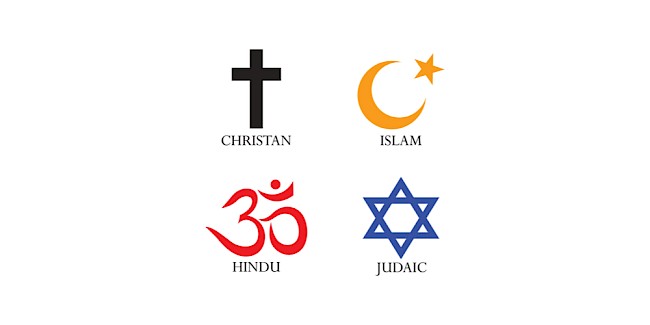Learning in Religious Education
In Religious Education, we study the diversity of the world and different religious beliefs and practices. We follow the Hampshire, Southampton, Portsmouth and Isle of Wight agreed syllabus, ‘Living Difference IV’ which encapsulates the key religions represented in the UK.
The Education Act 2002 states that:
- RE is a statutory subject to be taught in all schools except nursery schools
- RE in all community, foundation and voluntary controlled schools should be taught in accordance with the locally agreed syllabus
- parents have the right to withdraw their children from RE lessons -see section below for further information*
- each county/council must have a Standing Advisory Council for Religious Education (SACRE)
- the agreed syllabus for RE must reflect the fact that the religious traditions in Great Britain are in the main Christian, while taking account of the other principal religions represented in the country
- SACRE should review its agreed syllabus every five years.

